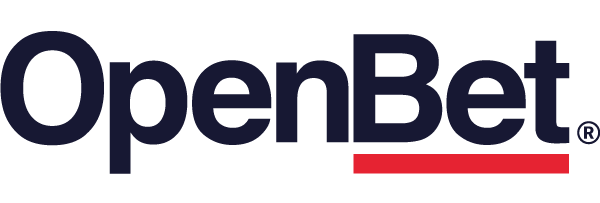Where the money goes
In 2019, annual global sales from government-licensed lotteries exceeded USD 300 billion; approximately half this amount was returned to players as prizes. Of the remaining USD 150 billion, some USD 86 billion comprised mandatory payments to the public good as determined by each jurisdiction. In other words, for every dollar earned (i.e. after players have received their prizes) around 57 cents of each dollar was returned to society. The funds raised go to support a wide range of good causes in society, depending on jurisdiction, including spending on education, health initiatives, and supporting grass-roots sports. For example,
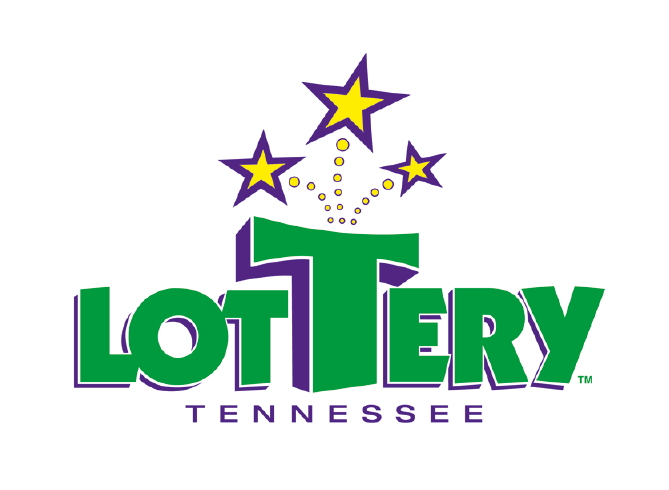
In the USA, the Tennessee Education Lottery Corporation (TELC) dedicates all of its funding for good causes to education. Since its inception, TELC has raised more than USD 5.7 billion education funding. Earnings have funded more than 1.5 million scholarships and grants to post-secondary schools, underwritten hundreds of K-12 after-school programs, and are the primary funding source for Tennessee Promise, a scholarship that provides two years of free tuition at community/technical colleges. In this time, players have won over USD 13.6 billion in prizes, and retailers have earned more than USD 1.2 billion in commissions.
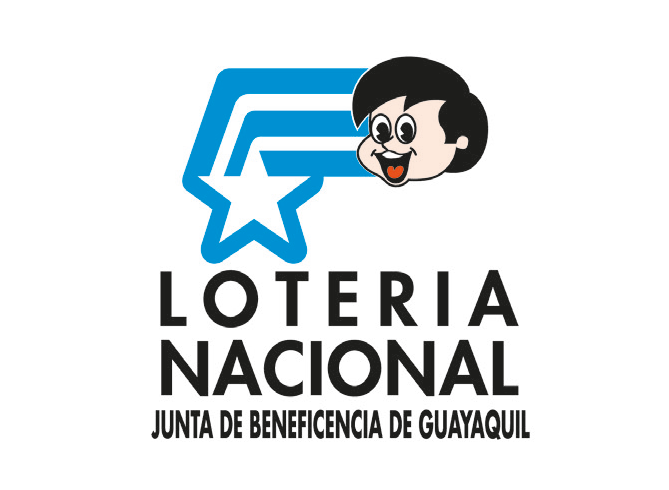
In Ecuador, the national lottery is owned and operated by the Junta de Beneficencia de Guayaquil (Guayaquil Charity Board). The lottery dedicates 100% of its profits – in 2019, more than USD 30 million – to financing the community works of the Guayaquil Charity Board in supporting its social works, especially in the areas of health, education, elderly care, and funeral services. The Junta de Beneficencia de Guayaquil is Ecuador’s largest non-governmental organization and is unique in Latin America.
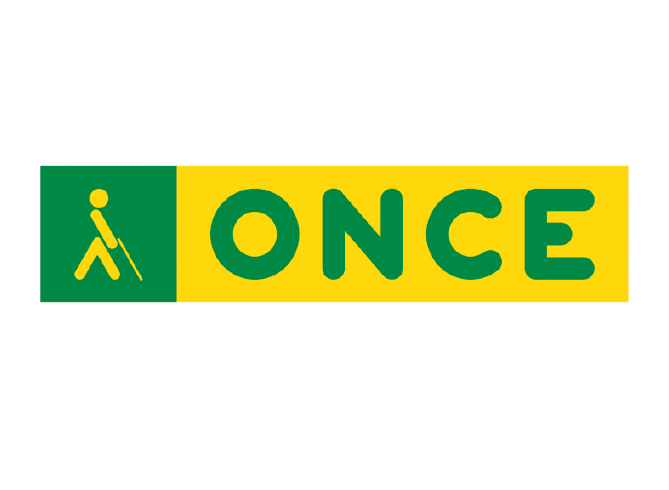
The Spanish lottery ONCE has a state concession to raise funds, through the sale of Cupon and other games of chance, to support the social and labour-market inclusion of the blind and people with serious visual impairment through the provision of services and support for the visually impaired on the one hand, and employment opportunities for the same on the other. ONCE thus dedicates 100% of its profit to supporting the blind and visually impaired, with a staff of whom more than 80% are people with disabilities. A beloved institution throughout Spain, ONCE strives in this way to meet its goal of promoting the individual independence and full integration of the blind and visually impaired into Spanish society.

The South African national lottery returns a minimum of 27% of national lottery revenue for distribution to good causes in South Africa. In 2019, more than USD 100 million was returned in support of the public good. The money generated from the sale of fun, entertaining, and socially responsible lottery games in South Africa is essentially split three ways. The charities sector receives 47% of the total funding pool, the sport and recreation sector receives 28%, while the arts, culture, and national heritage sector receives 23%. The remaining 2% of funds are reserved for various activities that fall outside the scope of the main three sectors.
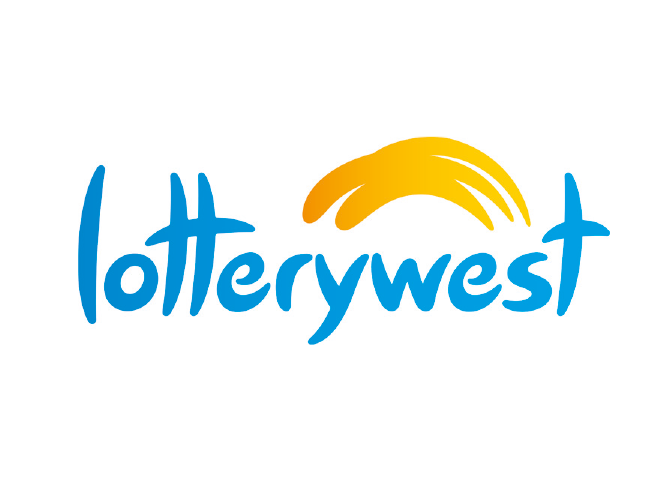
Western Australia's Lotterywest was founded to raise funds for charitable causes and for the state's hospitals. In fiscal year 2018/19 more than AUD 290 million was distributed to the West Australian community, with statutory allocations for hospitals, sporting groups, and the arts totaling AUD 174 million. Another AUD 104 million was distributed among 688 not-for-profit organizations and local government authorities. Since Lotterywest’s inception in 1932, more than AUD 4.8 billion has been returned to the state.






